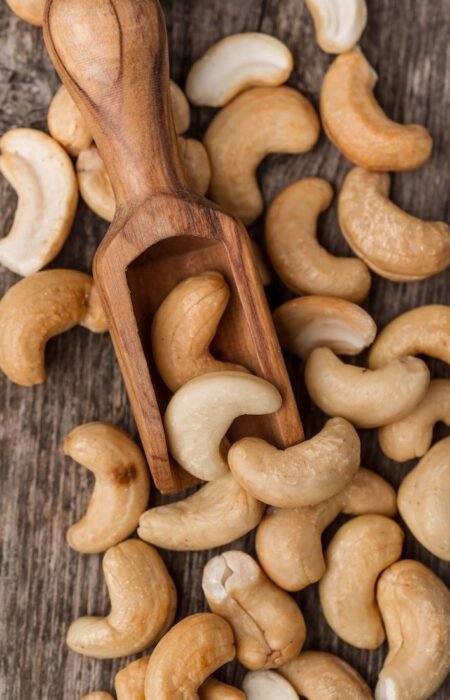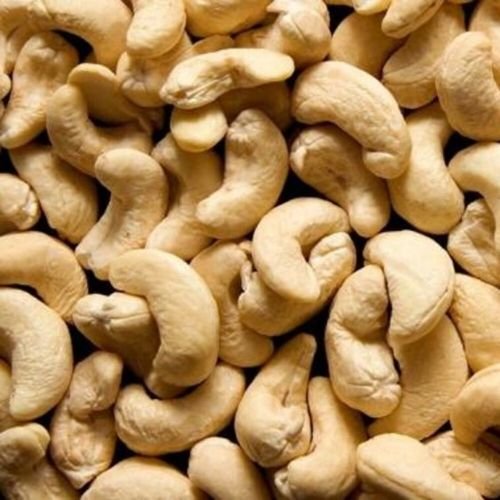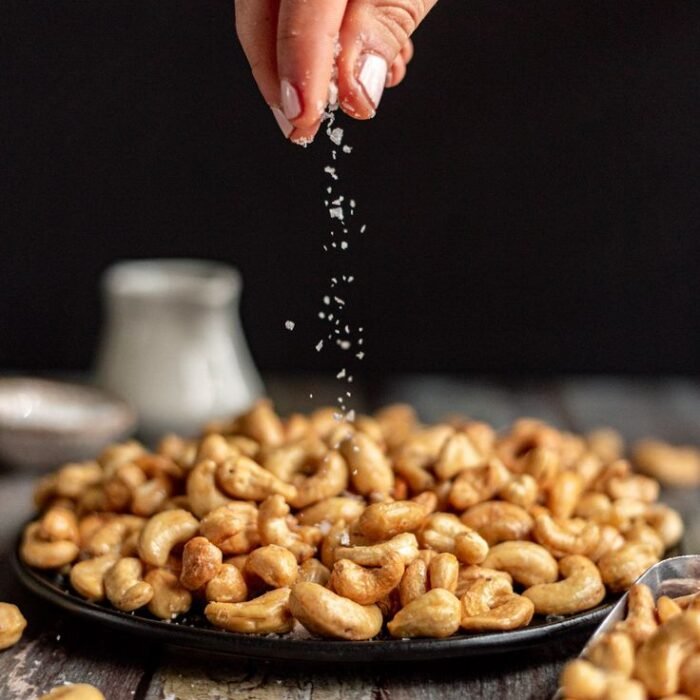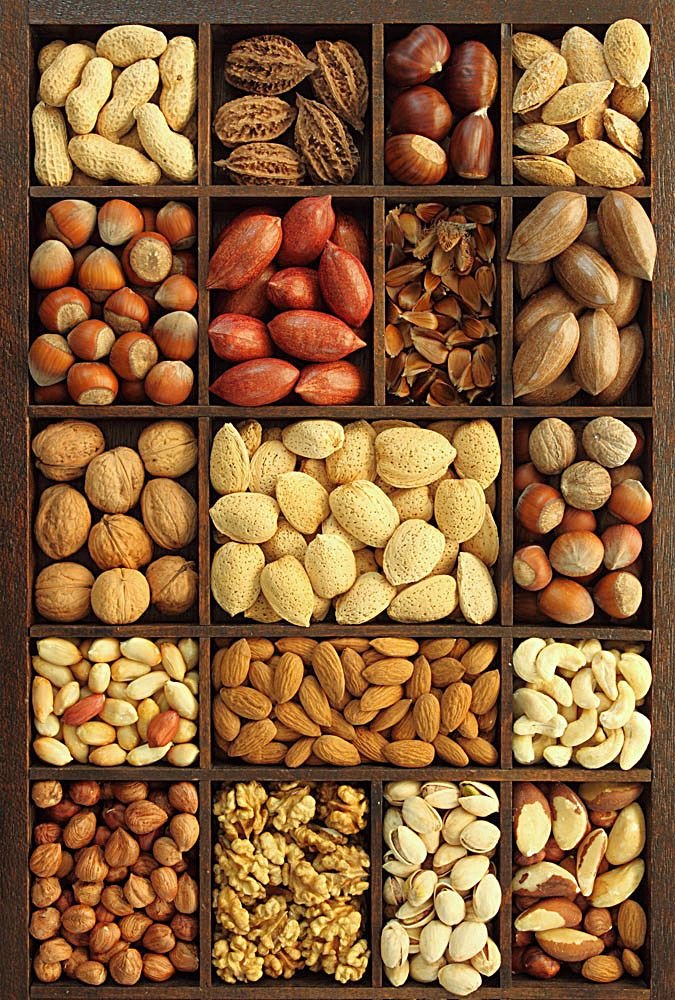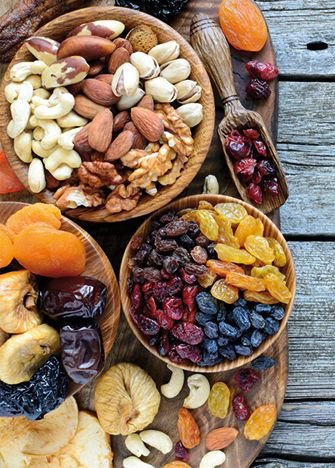Cashew Craze: Why This Creamy Dry Fruit is a Superfood Staple
In the world of dry fruits, cashews stand out not just for their smooth, buttery taste but also for their impressive nutritional profile and versatility. Whether eaten raw, roasted, salted, or blended into creamy sauces and desserts, cashews—known as “kaju” in many parts of the world—are a beloved staple in households and cuisines globally.
But cashews are much more than just a tasty snack. Packed with essential nutrients, heart-healthy fats, and powerful antioxidants, they deserve a firm spot in your pantry and your diet. In this blog, we’ll dive deep into the origin, health benefits, culinary uses, and smart buying tips for cashews, the king of creamy dry fruits.
What Are Cashews?
Cashews come from the cashew tree (Anacardium occidentale), which is native to Brazil but now widely cultivated in India, Vietnam, Africa, and other tropical regions. Interestingly, what we commonly call the “cashew nut” is actually a seed found inside the cashew apple—a bright, juicy fruit that’s also edible but perishable.
Once harvested, the cashew seed undergoes a labor-intensive process to remove its toxic shell and is then roasted or dried before being packaged as the creamy, crescent-shaped nut we all love.
Buying and Storage Tips
When shopping for cashews:
-
Opt for unsalted or lightly salted to control sodium intake
-
Raw cashews are ideal for cooking and blending
-
Roasted cashews are great for snacking
-
Store in an airtight container in a cool, dark place to keep them fresh and prevent rancidity
-
Refrigerate or freeze if storing long-term
Culinary Uses of Cashews
Cashews are one of the most versatile dry fruits in the kitchen. Here’s how you can use them:
-
Raw or roasted as a snack
-
Chopped or ground into desserts like kaju katli or energy balls
-
Blended into sauces or dairy-free creams (especially in vegan cooking)
-
Stirred into curries, like in rich Indian gravies
-
Used in granolas, trail mixes, or breakfast bowls
-
Added to rice dishes like biryani for a nutty crunch
Health Benefits of Cashews
1. Heart Health
Cashews are high in unsaturated fats, which help lower LDL (bad) cholesterol and increase HDL (good) cholesterol levels. The magnesium and potassium in cashews also help regulate blood pressure and reduce the risk of heart disease.
2. Supports Bone Health
Cashews are a good source of magnesium and vitamin K—two nutrients that are vital for bone density and strength. Regular consumption can help maintain healthy bones and prevent conditions like osteoporosis.
3. Boosts Immunity
Zinc and antioxidants in cashews play a crucial role in immune function, helping the body fight off infections and repair tissue.
4. Good for Eye Health
Cashews contain small amounts of lutein and zeaxanthin, antioxidants that protect the eyes from damage caused by UV rays and may reduce the risk of age-related macular degeneration.
5. Enhances Brain Function
Thanks to healthy fats and B vitamins, cashews support neurotransmitter function, memory retention, and overall cognitive performance.










